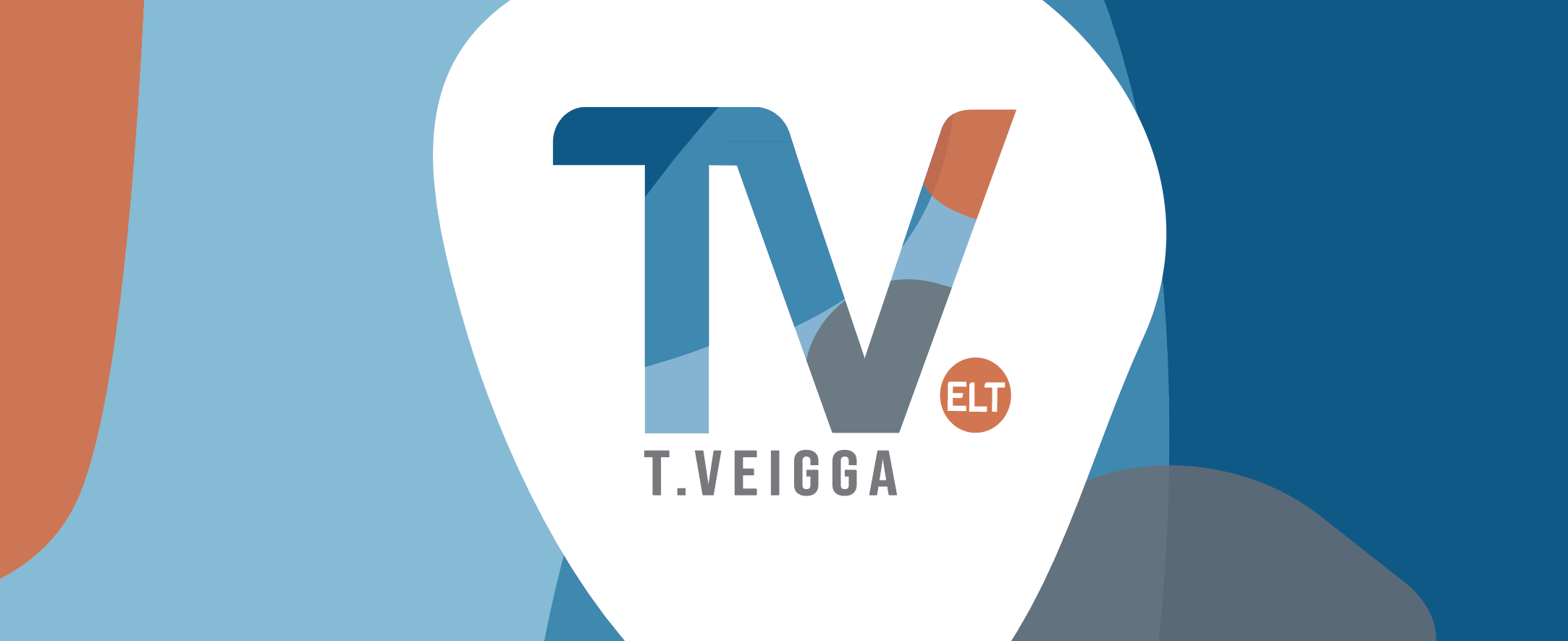My very first blog post was about how two experiences with lesson observation changed my life and shaped me into the teacher and the trainer I am today. What I did not tell you was how to get ready for lesson observation.
Being observed is a great way to improve our teaching practice, although lesson observation can be extremely nerve-racking. You may or may not know the observer, who often is, hierarchically speaking, in a higher position.
The best way to deliver an excellent lesson is to prepare it thoroughly. Here I answer 15 questions about strategies to enhance your confidence before having your lesson observed:
1. What will learners be able to do at the end of that lesson?
This question will guide your preparation. Everything you do should be related to that goal (or goals). For instance, if you want to equip students to successfully talk about past experiences without specifying when they happened, practicing predictions about the future will not help.
I remember that when I started teaching I used to love working with songs. Rarely were they connected to the rest of the activities, though. That was, in the end, counterproductive. It took valuable class time and did not contribute to the focus of my lesson. Were students having fun? I am sure most of them were. However, having fun for the sake of fun may not be useful to learners. Besides, you can always think of ways to amuse students without losing sight of your lesson aims.
2. What materials are you going to use?
Thinking about materials will help you tailor your lesson. Make sure that everything you select is related to your aims.
When selecting materials, ask yourself: do I have to follow a course book? Do I intend to use realia? What about audio or video resources? How do those resources complement the existing materials?
3. Any changes?
If you are going to use a course book, it may be necessary to adapt some activities. Be careful. In good course books, activities are designed with a clear purpose and are logically put together. Therefore, if you decide to substitute a task, use another one with a common aim.
If the purpose of the exercise is not clear at first, have a look at the teacher’s book.
Changing or adapting materials has to come from a choice informed by your lesson aims and your learners. If an activity does not appeal to you, but you think it would to your learners and would also be a useful tool to achieve your lesson aims, don’t change it.
4. How much time do you have for the lesson and for each stage?
You know what people say about karma? Well, I’d say the same about time.
Your lesson may be beautifully prepared with clear aims and wonderful activities that support those aims, everything perfectly linked, a real recipe to success.
This is where it becomes tricky. Having the perfect recipe does not mean a perfect meal. The same goes for a good lesson.
Timing activities and stages may be hard, specially for beginner teachers. If you feel you need help, ask a colleague, preferably a senior teacher, their opinion about your estimates. If that is not an option, role-play. Imagine you are a student: how long would you take to finish that task? In order to have a good estimate, also consider giving and checking instructions, the activity itself and feedback.
5. How many learners are there? Do they always come to class? What about latecomers?
You need to have these numbers in mind for practical reasons, such as the number of photocopies you need to make, what size speakers you need for your classroom, etc.
This will also inform you about possible patterns of interaction. While there isn’t much you can do in that regard with only one student, if you have more you may have them work in pairs, in groups and individually. Changing interaction patterns throughout your lesson will make it more dynamic.
6. Should I write a lesson plan?
It depends. If the observer is expecting a written plan, yes, you have to write one. Not doing so is starting off the observation on the wrong foot.
If you are a beginner teacher, I would strongly advise you to write a lesson plan for personal reference. Devote more time to what you tend to struggle with. For instance, you have a problem with instructions. Plan and write those down. You don’t need to read them in class. The act of writing will give you some clarity whether the instructions are clear or not.
7. What can go wrong?
Have you ever heard of Murphy’s law? Anything that can go wrong, will go wrong, my friend.
Anticipating problems makes setbacks less likely. If you have a pair work in mind but know it is possible to have an odd number of students, how can you adapt? Is your classroom too small to play a certain game? If so, where are you going to take students, what are your instructions going to be like?
8. Is there an evaluation grid? What exactly will the observer take into consideration?
If there are specific criteria used to evaluate you, you have the right to know them. If they are not given to you, show interest and ask about those criteria.
If the same person has observed you before, refer to the feedback given at that occasion. This will show that you listened to what the observed had to say and tried to improve.
9. What will your learners have problems with?
Anticipating learners’ problems is also an important part of your lesson preparation. By doing so, you can also anticipate solutions to those problems.
10. Do you have a multilingual or a monolingual group?
This will make a difference specially when you anticipate your learners’ difficulties. Students from different linguistic backgrounds are likely to have different problems.
As teachers, it is good to study other languages, not only the one (or ones) we teach. While it is virtually impossible to speak all the languages in the world, the book Learner English: A teacher’s guide to interference, by Michael Swan and Bernard Smith may shed some light on possible problems.
11. What are your personal difficulties?
It is the same rationale behind predicting your learner’s problems.
I used to struggle with my talking time when I started teaching. My TTT was always high. I was only able to reduce it the moment I started to plan in detail what I was going to say, how I would explain the grammar or the vocabulary from that lesson. The same goes for other areas that you need to improve. For example, if you have problems with pace, what can you do to prevent activities from taking too long? Perhaps you want to make sure instructions are clear or even time some activities.
12. How do the stages fit in the overall aim of that lesson?
Look at each stage of your lesson and check whether they contribute to the lesson aims and if the level of difficulty of the sequence makes sense.
13. How are the activities linked?
It is important that they are linked not also in terms of language but content as well. By way of illustration, imagine you are teaching how to make predictions in the context of travelling. Don’t go change the context abruptly to environment. It doesn’t mean that you have to stick to the same context until the end of the lesson, just that you need to find ways to link them.
14. What is your plan B? Do you have a plan C?
We should have alternative activities when things don’t go according to how we planned, but let’s be honest, it’s not always feasible. When being observed, it is better to plan for more than you need. Improvising is not the wisest choice while being observed.
15. How can I engage students on a personal level?
If you provide students with appealing contents, they are going to be more relaxed. Many people take this for granted and here’s a major reason why you should not: students learn better when they are in low anxiety situations.
Now I would love to know what your tips to great lesson observations are. What would you add to the list? Let me know in the comments.


